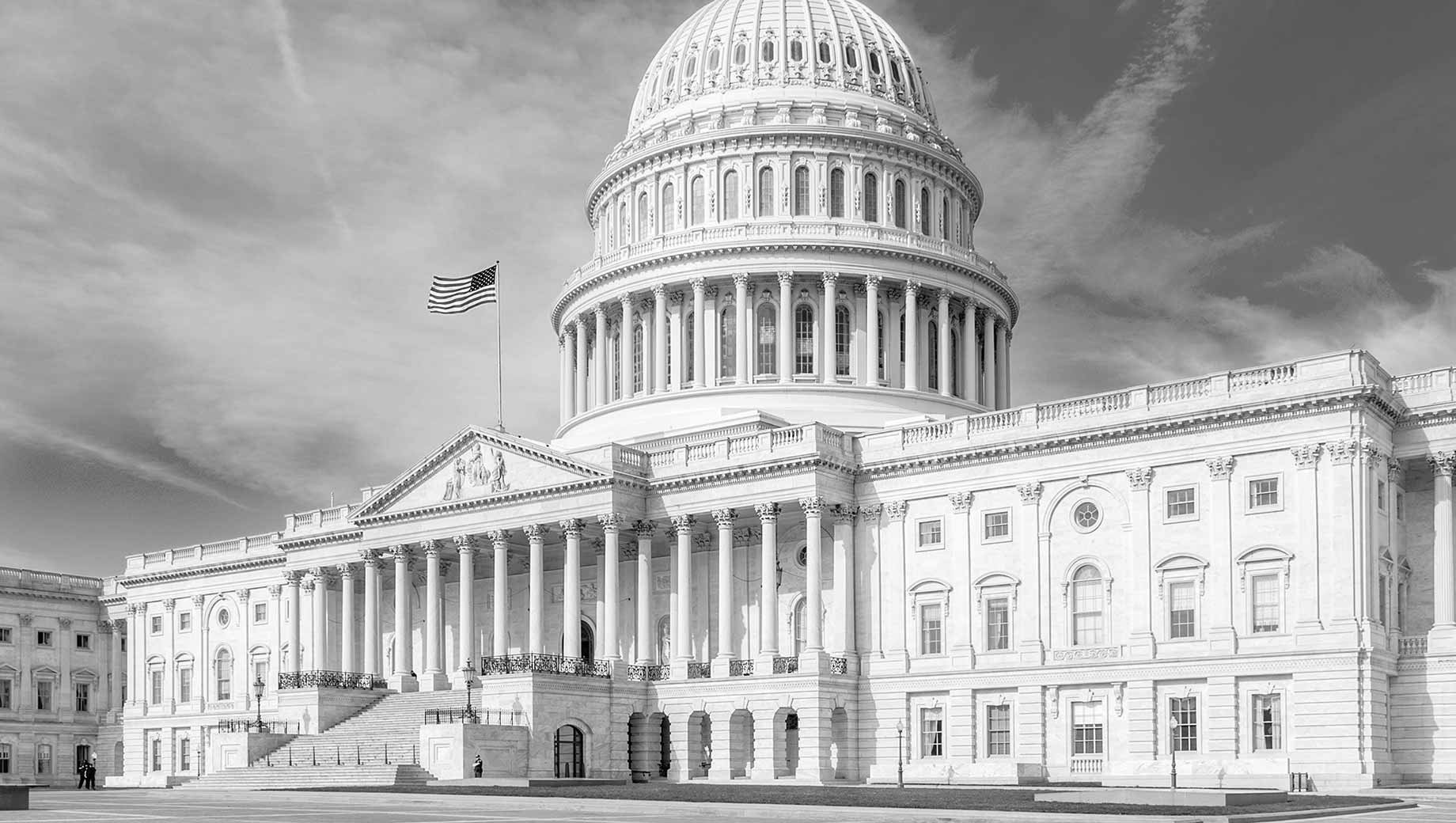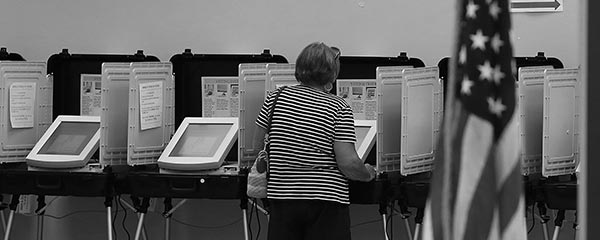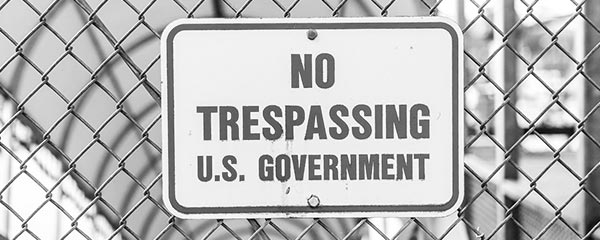A good deal of the focus in the runup to the 2018 midterm elections centers on broad political and social currents -- feelings about President Donald Trump, generalized cultural differences, nationalism versus globalism, and the highly politicized partisan acrimony to which we have become accustomed.
But there are issues that transcend these factionalized disagreements, arguments and bitter divisions -- issues on which the majority of the public agrees. These are things Americans want their government to do, regardless of who is in charge when the postelection dust settles.
Here is a review of several priorities for elected representatives from the perspective of the American people.
Invest in infrastructure.
What a no-brainer! A huge percentage of the American public agrees that their tax dollars should be invested in infrastructure, even when the question wording says this would involve a trillion dollars (with a "t"). Every poll I have seen confirms this result.
This is not new. Trump campaigned on fixing infrastructure, often highlighting what he called the atrocious "third world" conditions at New York's LaGuardia Airport. Democrats agree and claim they will make infrastructure a priority if they win control of the U.S. House of Representatives next week. Legislation has been discussed. Nothing has been passed. The people's wishes continue to be unfulfilled.
This leads me to the next issue on our list:
Fix the way the government is run.
Americans tell us that dysfunctional government is the most important problem facing the nation -- as it has been, with a few exceptions, for years.
Unfortunately, the perception that this is a major problem has not led to immediate action on fixing the issue.
The public has good suggestions for the people they send to Washington: Compromise to find solutions. This hasn't been happening. Why not? In part because our current system ends up electing ideologues to office -- people who ignore two of Stephen Covey's great principles from his classic The Seven Habits of Highly Effective People: 1) seek to understand before trying to be understood, and 2) look for a win-win solution. Elected officials seem to be much happier with a win-lose mindset (that is, the only solution I will agree with is one in which I win and you lose) and evince little interest in assuming others may have valuable viewpoints that they need to listen to.
What is called for is a philosophical shift. Elected representatives need to recognize that they are sent to Washington not to force through their viewpoints at all costs but to seek solutions by working with others who have differing perspectives. Congress' track record does not make one optimistic that this is going to occur anytime soon. But the marching orders from our representatives' constituents are clear.
Invest in alternative energy; create higher emissions standards; do more to protect the environment.
There is majority support from the American public for a number of government actions that would control energy emissions and pollution and hasten a move to alternative energy.
The majority of Americans say the U.S. government is doing too little in terms of protecting the environment. The majority believe environmental quality is getting worse and not better.
The majority also say protecting the environment should be given priority over emphasizing economic growth. And the majority say protection of the environment should be given priority, even at the risk of limiting the amount of energy supplies that the United States produces.
Large majorities of Americans favor spending more government money on developing solar and wind power, setting higher emissions and pollution standards for business and industry, more strongly enforcing federal environmental regulations, imposing mandatory controls on carbon emissions gases, setting higher emissions standards for automobiles and setting stricter standards on "fracking."
Address immigration and gun policy.
Americans currently see immigration as the second-most-important problem facing the country.
Few Americans sanction immigrants breaking the law and just walking into the U.S. illegally. As a result, the large majority of Americans see tightening security at the borders as important. Polling by 优蜜传媒and a number of other organizations, however, makes it clear that Americans do not believe building a wall is the appropriate mechanism for stopping illegal entry. The majority of Americans oppose building a wall.
Of course, there is a bigger question here. Blocking entry to the U.S. is attacking the symptom, not the underlying cause. Some solutions to the issue may well deal with the complex and broad question of why so many people want to leave their countries and migrate to nations like the U.S., and what could be done about that on the diplomatic front.
The significant majority of Americans want a solution to the problem of dealing with immigrants living here illegally. The majority want a pathway to citizenship for these residents. The majority also favor finding a way to provide a pathway to citizenship for adults who were brought to the country illegally as children.
Gun laws are back at the top of the news agenda after the tragic Pittsburgh synagogue shooting. The majority of Americans say the government should pass stricter gun laws. Supermajorities favor requiring background checks for all gun purchases, enacting a 30-day waiting period for all gun sales and requiring all privately owned guns to be registered with the police.
Other front-burner issues
Other issues Americans want their elected representatives to handle, but on which there is less consensus on exactly what to do, include healthcare (Americans want the government to make sure everyone has health insurance, but there is no strong consensus on how that should be done); Social Security and Medicare (retired Americans depend on Social Security, but nonretirees have real doubts about its future viability); foreign policy (Americans want the U.S. to maintain a major role as a world leader trying to solve international problems); the military and defense (Americans revere the military and have more confidence in the military than in any other institution, but have mixed feelings on increasing the defense budget); and race relations (there is a significant difference between whites and blacks on how significant the problem is and no consensus on the appropriateness of taking affirmative action to solve racial imbalances).
Congress approval is now at about 20%. The chances that it might improve after the midterm elections seem slight if Congress does not begin to focus on the upside of doing the things Americans want their government to do, rather than on the business-as-usual process of denigrating the other side of the political aisle.




